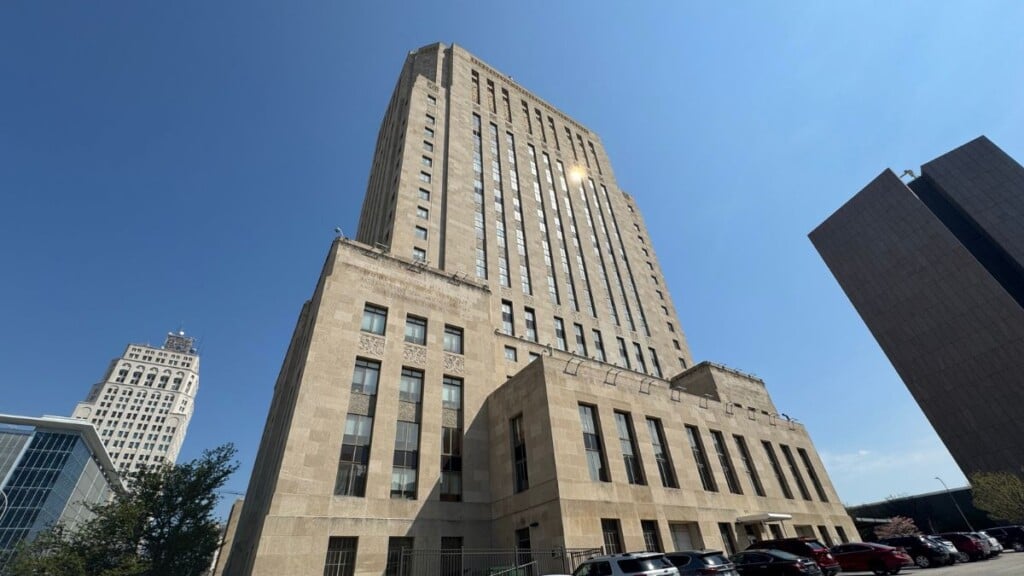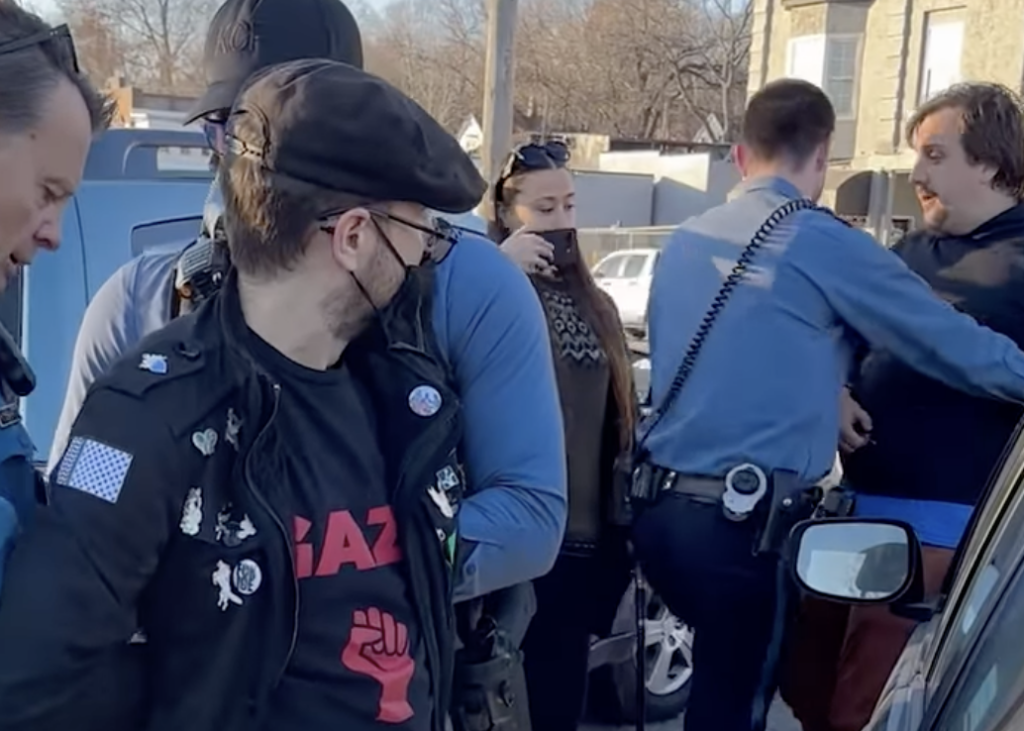Delta Hate: Unregulated products and trick advertising forge a harmful shadow industry
Walking into a local convenience shop, there are all of the obvious products: Chips, candy, chocolate, soda, and so much more that every child longs for. But behind the counter, lies a product that raises concerns from many: unregulated delta products.
Delta eight, nine, and ten are the three most commonly found intoxicating cannabinoids derived from hemp, also known as hemp-synthesizing intoxicants. The 2018 Farm Bill provided the FDA with authority over the production of these delta products, yet they have issued no regulations, but rather simply stated warnings, and those within the hemp industry have found loopholes to continue distributing these products.
Those who may not think the production and distribution of these products within the state is an issue are utterly wrong. For those who know the dangers that come with consuming these products, the value of the information lies in their hands. However, uneducated consumers and teens are at the most risk.
Manipulative Marketing
Driving down any main road through the city, one is bound to see convenience stores. There are QuikTrips, BPs, Shells, Conocos, and more. But that’s not what we’re zoning in on.
How about those big neon signs that read ‘THC Here’ or ‘Legal Weed’? That probably rings a bell. These are the types of convenience stores and smoke shops that are distributing delta products throughout the community.
“I would call it the unsuspecting consumer. It’s not necessarily a lack of education, or a lack of knowledge, but it’s very confusing,” CEO of Franklin’s—a local licensed cannabis manufacturing company—Michael Wilson says. “If you’ve never bought from a Missouri dispensary, your first reaction is not to go online, find weed maps or something else. It’s kind of a journey. You drive by a sign that says ‘legal THC’ and you are kind of unsuspecting.”
Once they’ve reeled customers in through their misleading signage, these convenience stores have ‘em right where they want ‘em. Now all that is left is to present their product, only giving them enough information that will seal the deal.
This can be extremely easy when dealing with consumers who lack knowledge on the fresh Missouri cannabis industry, just a year underway. Not to mention the lack of effort it would take to sell a teenager or child one of these products through the tactical branding that these manufacturers use.
“Some of what these gas stations are selling are 400 and 500 mg packages. They’re designed to look exactly like candy and they’re being marketed directly to children,” Missouri Cannabis Trade Association Spokesperson Jack Cardetti says. “That’s one of the reasons that the majority of states now have either banned these products or regulated them. In Missouri, it’s the wild west, we’ve done neither.”
Just this year, in February, ten students from Sumner High School between the ages of 16-18 purchased delta products from a nearby gas station, only to result in four of them being hospitalized due to the intoxicants. All have since recovered.
“These people aren’t doing this to deliver healthy products to people, they’re doing it to make money for themselves. It’s egregious in my opinion,” Wilson says.
The Missouri Department of Health and Senior Services recently released a white paper regarding hemp-derived cannabinoids, outlining that there have been 904 cases of those under 18 having to be treated for the intoxicating substances in Missouri since 2018. On top of that, there have been 1,209 total adult cases during the same time range, according to the DHSS’s data. Their report also highlights many other issues within the realm, such as the marketing tactics, Missouri’s regulations on other consumable substances, states that have regulations or laws in place, and more.
With the extensive regulation and legal process of growing weed all the way to when a consumer lights the joint, many in the industry are frustrated and feel a lack of accountability being held toward the product.
“When someone goes to a dispensary, they know what’s in the product, they know where the product came from. It all came from inside the state of Missouri. It’s all been lab tested, it’s all in child proof packaging, you can’t market it to kids, and they know exactly what is in that product,” Cardetti says. “You don’t know any of those things when you walk in a gas station and buy a delta eight product.”
“My license would be revoked and I would be banned from this state, if I did even 50% of what these companies do, but we’ve all accepted it because nobody can understand the scheme and the resistance that they’re providing,” Wilson says.
Stopping the Sale
Yet another reason why this drives those in the licensed cannabis industry irate is because there is no set tax on delta products, while there is on all other intoxicating substances distributed in the state, such as tobacco, alcohol, and of course, cannabis.
“To allow this hemp industry to be completely unregulated, undermines the tax paying system. That, to me, at the end of the day should be the decision for why legislators and regulators should relook at a means to ban the sale of intoxicating cannabinoids,” Wilson says.
One of the taxes that current cannabis consumers pay when purchasing from licensed dispensaries is the 6% state tax. This tax has gone toward expunging non-violent marijuana offenses for over 210,000 Missourians since recreational sales began last year.
“That’s a really good program that’s happening here in Missouri. That’s giving people a clean slate and a second chance, but we’re able to do that because of the tax Missourians are paying when they go into a dispensary. That’s another thing that is missing from the delta eight conversations,” Cardetti says.
Similar to all legal processes, this is a slow and steady race for the cannabis industry to win. The consensus between regulating, non-regulating, and outright-banning the intoxicating substances varies between states.
“Consensus amongst states is going to be different. People don’t want to ban it for all sorts of reasons, but it usually boils down to the lobby and effort,” Wilson says. “Convenient stores will lose out on, what, 2.5% of their revenue? I’m sure they can make it up in some other way.”
The good news for those Missourians against the product is that The Senate Judiciary Committee unanimously passed the “Intoxicating Cannabinoid Control Act” stating: “Intoxicating cannabinoid products shall be considered as marijuana and regulated as marijuana is regulated by the Department of Health and Senior Services under the Missouri Constitution. The Department shall collaborate with the Department of Public Safety to enforce the provisions of this act.” This will go into effect in August of this year.
On top of that, House Bill 1781 is currently being heard, dealing with the same issue of regulating intoxicating substances.
While convenience stores and smoke shops will continue to sell their delta products, there is a spark at the end of the joint that shows voices are being heard.






